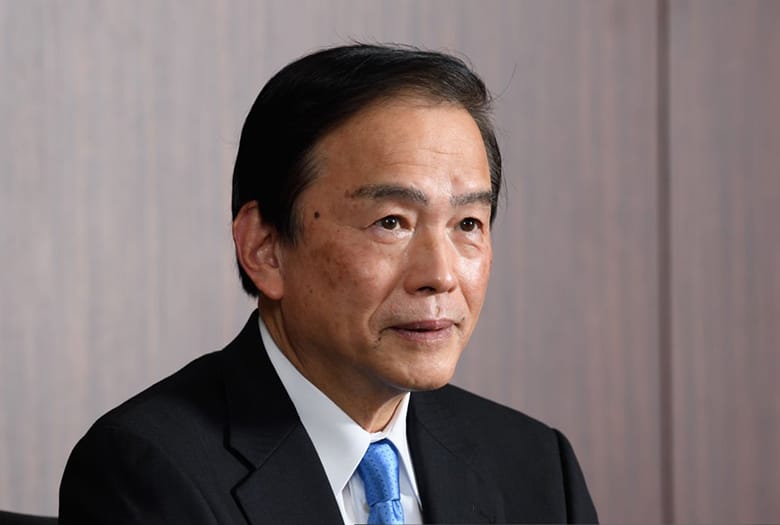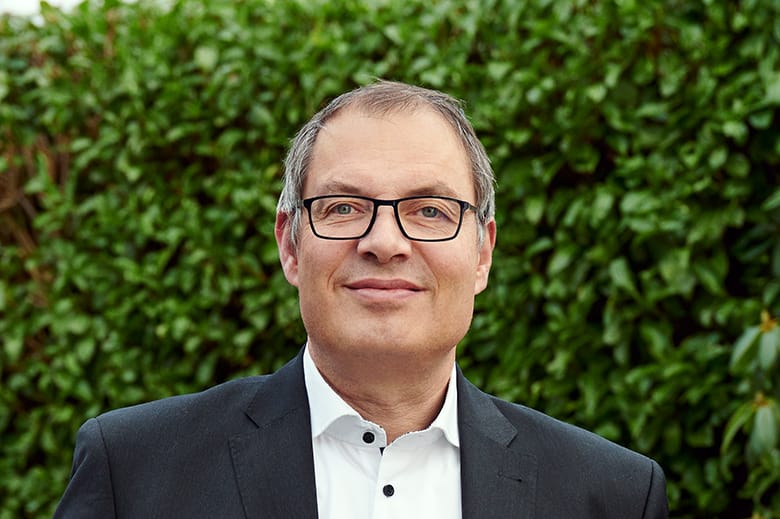
Masataka Miyazono, president of the Government Pension Investment Fund (GPIF) (Getty Images)
Dutch pension fund manager APG Asset Management is teaming up with Japan’s GPIF to pursue opportunities to invest in infrastructure in developed markets, as capital from Asia’s second largest economy continues to play a bigger role on the global stage.
The two institutions announced on Monday that they have launched a joint programme, which brings together managers of over $2.17 trillion, to focus on investment opportunities that align with the long-term strategies of both pension funds.
The partnership was unveiled as GPIF, which ranks as the world’s largest pension fund manager, with JPY 225 trillion ($1.48 trillion) in assets under management as of December 2023, has been engaging with overseas partners to more actively manage its portfolio and to pursue opportunities in alternative assets, after the fund lost $4.5 billion during the third quarter of last year.
“GPIF has been increasing exposure to alternative investments (infrastructure, private equity, and real estate) in expectation of greater portfolio diversification, seeking to improve investment efficiency and further ensure the stability of pension finance,” GPIF president Masataka Miyazono said in a statement.
Aiming at Infrastructure
The initiative targets opportunities globally, with the partners not having released further details regarding their investment plans.

Ronald Wuijster, CEO of APG Asset Management
APG currently has 24 billion euros ($26 billion) in assets under management via its infrastructure strategy, where it has achieved five year average returns of 10.2 percent according to its website.
Just one month ago APG’s parent organisation, ABP, said it would invest 30 billion euros in impact investments by 2030, with those commitments including renewable energy ventures, as well as affordable housing and innovation.
“We are delighted to partner with GPIF, as our shared commitment to long-term private investments makes this collaboration a natural fit. We believe that joining forces will help to address the growing need for coordinated actions from like-minded, long-term investors to deliver long-term value to our beneficiaries and the broader society,” APG chief executive Ronald Wuijster said in the statement, adding that, “We look forward to collaborating with GPIF to achieve our shared goals.”
In July of last year the Dutch institution, together with the infrastructure unit of Canada’s OMERS, acquired Netherlands-based electrical infrastructure firm Kenter for a reported $764 million.
That deal came after APG in late 2022 committed to Noordzeker, a venture developing windfarms in the North Sea.
With energy transition and the need to combat climate change rising as priorities for governments and corporations, more investment managers have been focusing on infrastructure, with BlackRock, the world’s largest asset manager, announcing in January that it would invest $12.5 billion to acquire General Infrastructure Partners (GIP), which specialises in physical and digital infrastructure globally.
In February of this year, KKR closed on $6.4 billion for its second Asia infrastructure fund, with US-based fund manager Stonepeak following up last month with a $3.3 billion final closing on a fund dedicated to the sector.
Japan at Centre Stage
The focus on infrastructure strategies comes as Japanese corporates and other institutions are increasingly looking for opportunities to invest beyond their domestic borders.
In Asia Pacific, investors from Japan spent $2.24 billion acquiring income-earning real estate assets in the region last year, surpassing their total from the previous three years combined, according to MSCI Real Assets.
Eiji Ueda, chief investment officer for GPIF, said late last year that the institution is open to committing more of its funds to stocks and to work with fund managers to accomplish that goal, according to a Bloomberg account.
Also last year, the fund’s head of infrastructure, Kikuko Emae said that GPIF would begin making direct commitments to infrastructure strategies as a limited partner, and would be seeking to work with established players in the sector.
Leave a Reply